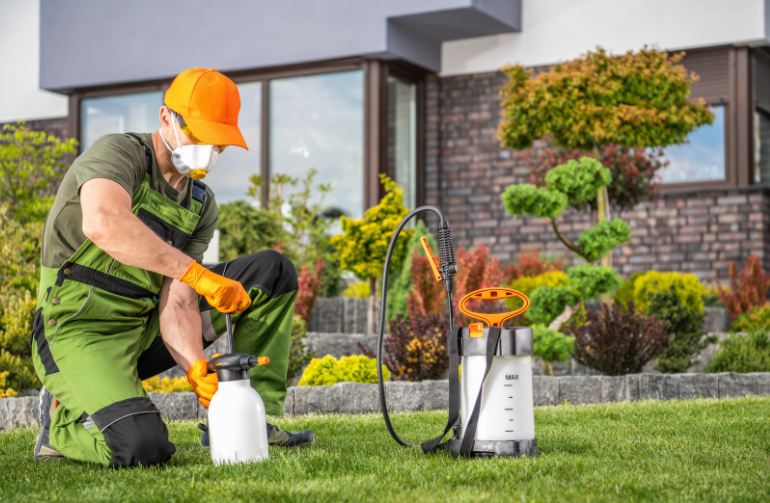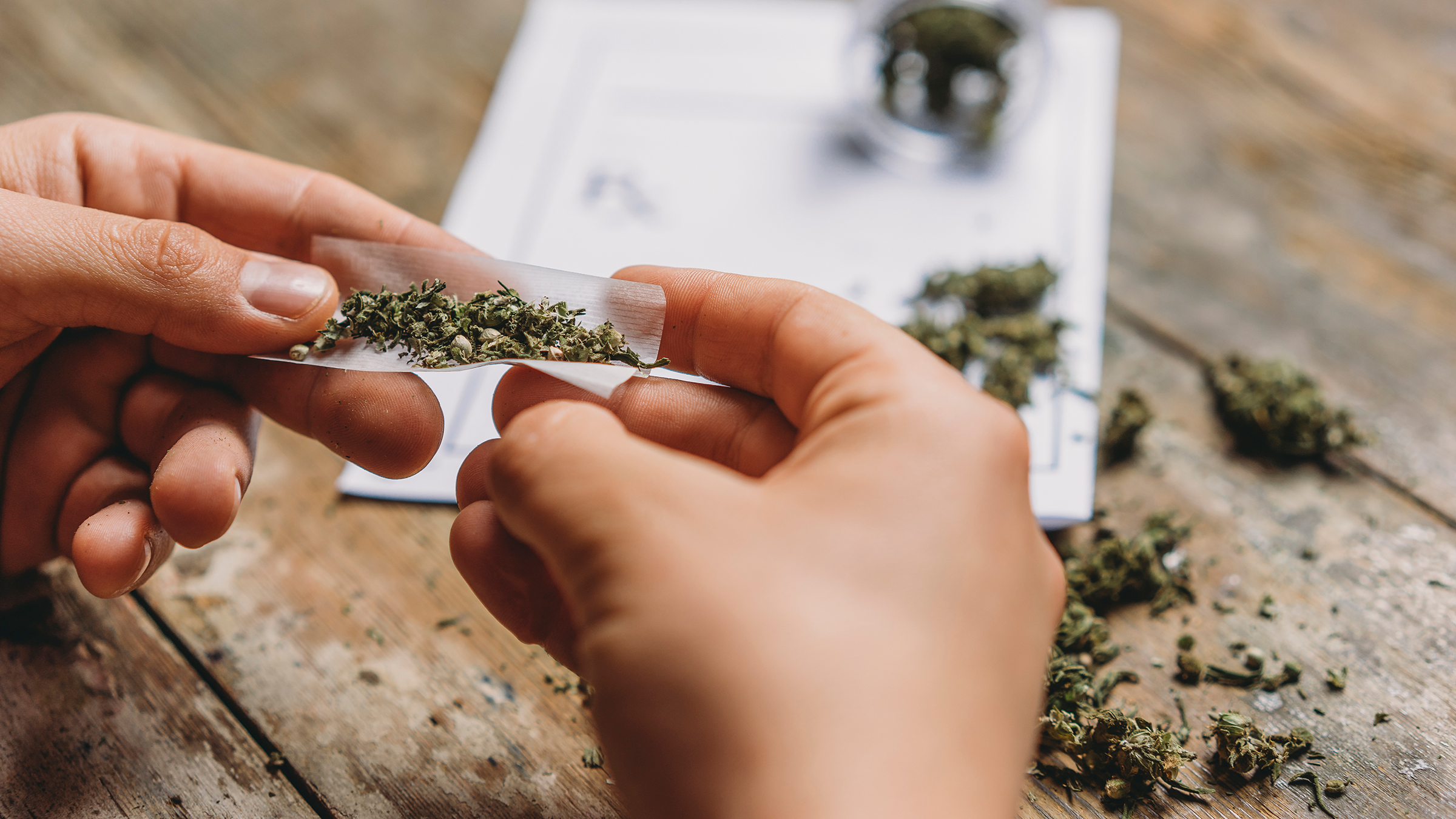
The rise of eco-friendly pest control
Eco-friendly pest control has become increasingly popular as people become more aware of the environmental impact of traditional pest management methods. Unlike conventional pest control, which often relies on synthetic chemicals, eco-friendly options focus on using natural and non-toxic solutions. These methods are not only safer for the environment but also for your family and pets. By choosing eco-friendly pest control, homeowners can effectively manage pest problems while minimizing harm to the ecosystem. The shift towards greener pest control practices reflects a growing desire to live more sustainably and protect our planet for future generations.
The benefits of using eco-friendly pest control
Eco-friendly pest control offers a range of benefits that extend beyond just eliminating pests. One of the most significant advantages is the reduction of chemical exposure in your home. Traditional pesticides can leave behind residues that are harmful to human health, especially for children and pets. Eco-friendly methods, on the other hand, use natural ingredients that are safe for indoor use, providing peace of mind while keeping your home pest-free. Additionally, eco-friendly pest control helps protect the environment by reducing the amount of harmful chemicals released into the soil, water, and air.
Another key benefit of eco-friendly pest control is the preservation of beneficial insects and wildlife. Many traditional pesticides are non-selective, meaning they kill not only pests but also beneficial species like bees, butterflies, and birds. By using eco-friendly methods, you can target specific pests without disrupting the balance of your local ecosystem. This approach supports biodiversity and ensures that natural predators remain in place to help control pest populations. Furthermore, eco-friendly pest control methods are often more sustainable in the long term, reducing the likelihood of pests developing resistance to treatments.
Cost-effectiveness and long-term solutions
While eco-friendly pest control methods may sometimes require a higher initial investment, they can be more cost-effective in the long run. Natural pest control solutions often provide longer-lasting results, reducing the need for frequent reapplications. Additionally, many eco-friendly practices involve preventative measures, such as sealing entry points and maintaining a clean environment, which can help prevent infestations from occurring in the first place. These proactive strategies not only save money but also reduce the stress and inconvenience associated with dealing with recurring pest problems.
Common eco-friendly pest control methods
There are several eco-friendly methods available to control pests effectively. One popular option is the use of biological control, which involves introducing natural predators or parasites to reduce pest populations. For example, ladybugs are often used to control aphids in gardens, while nematodes can help manage soil-dwelling pests. These natural enemies of pests help maintain a balanced ecosystem and reduce the need for chemical interventions. Biological control is an excellent way to keep pest populations in check without harming the environment.
Another effective method is the use of physical barriers and traps. These can include mesh screens, sticky traps, and diatomaceous earth, which are all non-toxic options for preventing pests from entering your home. Physical barriers are particularly useful for keeping out insects and rodents, while traps can help capture pests that have already made their way inside. Additionally, natural repellents like essential oils can be used to deter pests without posing a risk to your family or pets. Oils such as peppermint, eucalyptus, and lavender are known to repel insects like ants, spiders, and mosquitoes, making them a safe and pleasant-smelling alternative to chemical sprays.
Incorporating cultural practices into pest control
Cultural practices involve modifying your environment to make it less attractive to pests. This can include actions such as proper waste management, eliminating standing water, and maintaining a clean home. By reducing the availability of food, water, and shelter, these practices help prevent pests from becoming established. For instance, keeping your kitchen clean and free of crumbs, sealing food in airtight containers, and regularly taking out the trash can significantly reduce the likelihood of attracting pests like ants, cockroaches, and rodents.
The role of professional eco-friendly pest control services
For homeowners who prefer not to handle pest control themselves, professional eco-friendly pest control services offer a valuable alternative. These services specialize in using environmentally responsible methods to manage and eliminate pests. Professionals have the expertise to identify the specific pests affecting your home and recommend the most effective and safe treatments. They also have access to specialized products and equipment that may not be available to the general public, ensuring that your home is treated effectively while minimizing environmental impact.
Choosing a professional service that prioritizes eco-friendly methods can provide peace of mind, knowing that the methods used are safe for your family, pets, and the environment. Regular maintenance and monitoring by professionals can help prevent future infestations and keep your home pest-free. Additionally, professional services can offer advice on how to make your home less attractive to pests, such as sealing entry points, improving ventilation, and maintaining proper sanitation. By working with a professional service, you can protect your home and the environment simultaneously.
Creating a sustainable pest control plan
Creating a sustainable pest control plan involves integrating eco-friendly methods into your regular home maintenance routine. Start by assessing your home for potential pest entry points and eliminating them. Incorporate natural repellents and biological control methods to keep pests at bay. Regularly inspect your home and garden for signs of pests, and take action immediately if you notice any issues. By adopting a proactive approach, you can prevent pests from becoming a problem in the first place, reducing the need for more intensive treatments.
Additionally, educate yourself and your family about the importance of eco-friendly pest control and how to implement it in your daily lives. Simple actions like properly storing food, maintaining a clean home, and choosing natural products can make a big difference in keeping pests away while protecting the environment. By committing to a sustainable pest control plan, you can enjoy a safe, healthy, and pest-free home without compromising the well-being of the planet.




